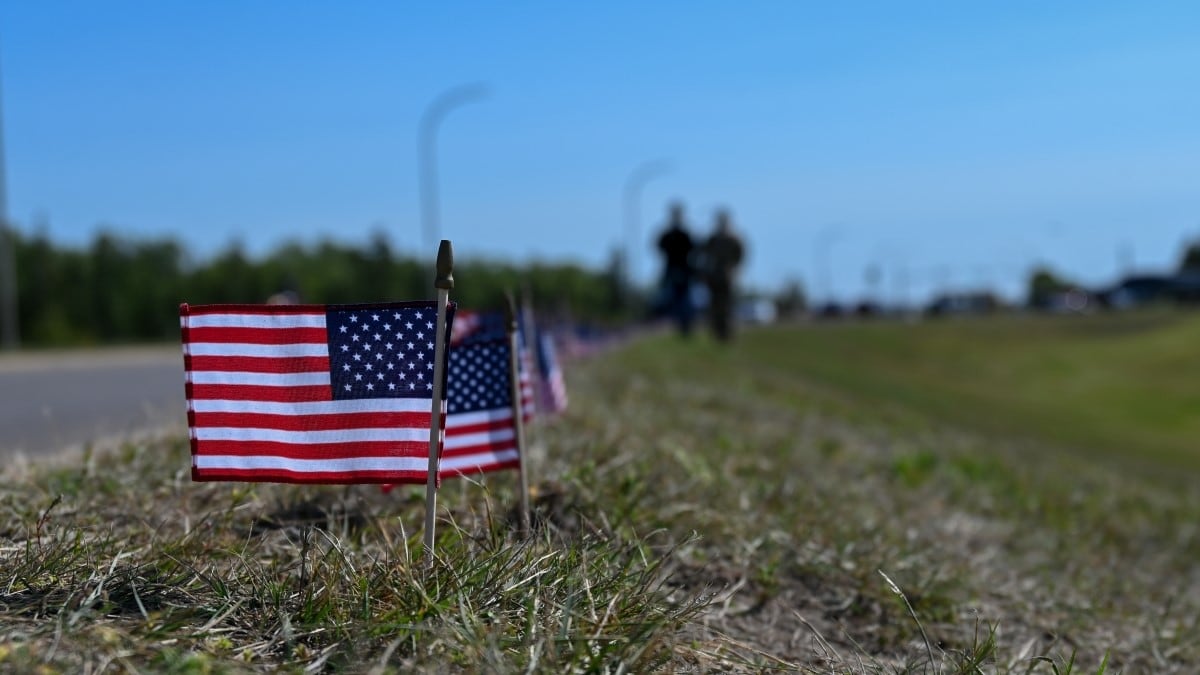KABUL, Afghanistan — More than 900 children were killed in Afghanistan's conflict last year, the United Nations said Monday, calling it the most violent year for children since it started keeping records.
The U.N. mission said the nearly 25 percent increase in child deaths from the previous year was largely caused by mines and munitions left over from decades of conflict. It documented a 66 percent increase in such deaths in 2016.
"Conflict-related violence exacted a heavy toll on Afghanistan in 2016, with an overall deterioration in civilian protection and the highest-total civilian casualties recorded since 2009, when UNAMA began systematic documentation of civilian casualties," the United Nations Assistance Mission in Afghanistan said in its annual report.
It said 3,498 people were killed in 2016, including 923 children, and that another 7,920 people were wounded. The overall casualty toll was slightly higher than the previous year.
"I am deeply saddened to report, for yet another year, another increase in civilian casualties, another all-time high figure," Tadamichi Yamamoto, the U.N. envoy to Afghanistan, told a press conference.

United Nations Assistance Mission in Afghanistan, Human Rights Director Danielle Bell, left, holds a copy of the U.N. 2016 Annual Report on the Protection of Civilians in Armed Conflict in Afghanistan, during a Feb. 6, 2017, press conference with Tadamichi Yamamoto, United Nations Special Representative of the Secretary-General for Afghanistan, in Kabul.
Photo Credit: Rahmat Gul/AP
The aid group Save the Children said the latest figures were "extremely concerning," and called on all parties to do more to protect civilians.
The Taliban, who have been waging an insurgency against the U.S.-backed government in Kabul for more than 15 years, advanced on a number of fronts in 2016. Afghan forces have struggled to combat the militants since the U.S. and NATO formally concluded their combat mission at the end of 2014.
"The humanitarian situation across much of Afghanistan has deteriorated significantly in the past 12 months," Save the Children's country director, Ana Locsin, said in a statement.
"With the start of the traditional fighting season not far away with the end of winter, it could get even worse in the coming months," she said.




